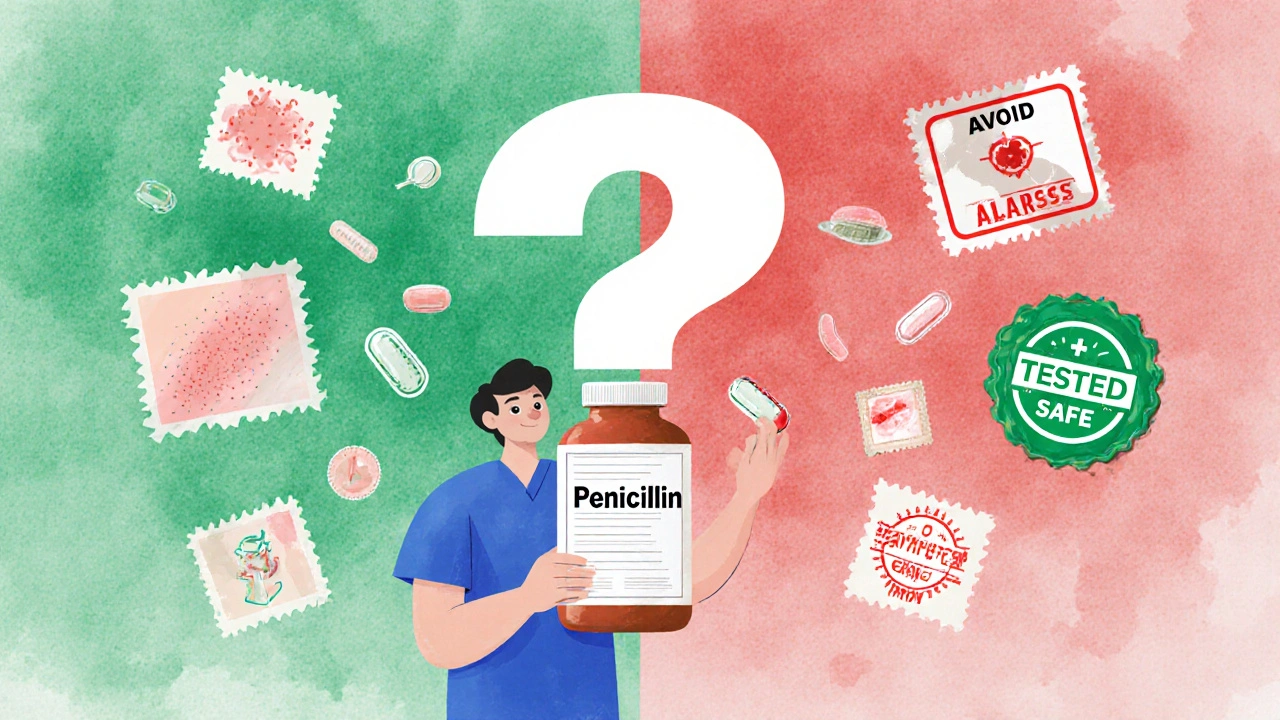Medication Family Avoidance: Know Which Drugs to Skip for Your Health
When you hear medication family avoidance, the practice of steering clear of entire classes of drugs due to shared risks or harmful interactions, it might sound like overcaution. But it’s not. It’s smart. Some drug families carry hidden dangers that aren’t obvious until it’s too late—like how anticholinergic burden, the cumulative effect of drugs that block acetylcholine in the brain can slowly wreck memory and increase fall risk in older adults. Or how NSAIDs, a class of painkillers including ibuprofen and naproxen can trigger heart problems or kidney damage if used long-term, especially after 30 weeks of pregnancy. These aren’t rare edge cases. They’re well-documented patterns across hundreds of studies and real-world patient outcomes.
Why does this matter to you? Because doctors don’t always stop to explain that a new prescription belongs to a family you should avoid. You might be taking a tricyclic antidepressant for sleep, unaware it’s part of a group linked to cognitive decline. Or using a topical retinoid for acne, not realizing it’s in the same family as oral isotretinoin—both banned during pregnancy. Drug interactions, when two or more medications create dangerous side effects when combined often happen within the same family. Mixing multiple antihistamines? That’s not doubling the relief—it’s doubling the drowsiness and dry mouth risk. Avoiding a medication family isn’t about fear. It’s about recognizing patterns: if one drug in the group causes a problem, others likely do too. This is why you’ll find guides here on why contraindicated medications, drugs that should never be used due to known severe risks like clozapine in certain heart conditions or canagliflozin in patients prone to urinary infections need careful scrutiny.
You’re not alone in this. Millions take meds without knowing their family ties. But you can change that. The posts below give you the tools to spot risky drug families before they hurt you. Whether it’s understanding why medication safety, the practice of choosing drugs with the lowest risk profile for your body means skipping certain antibiotics in kidney disease, or why avoiding specific painkillers during pregnancy is non-negotiable, these articles cut through the noise. No jargon. No fluff. Just clear, practical warnings and smarter alternatives. You’ll learn what to ask your pharmacist, which labels to read, and how to spot red flags before your next refill. This isn’t about avoiding medicine—it’s about choosing the right kind.
When to Avoid a Medication Family After a Severe Drug Reaction
Not every severe drug reaction means avoiding an entire medication family. Learn when cross-reactivity is real, when it’s not, and how to get tested to avoid unnecessary restrictions on your treatment options.
Read more
